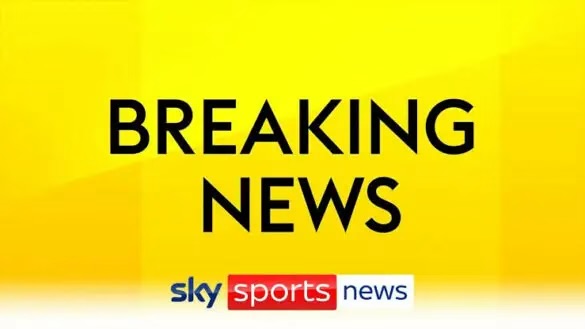While Arsenal’s struggles in front of goal were a big issue for Mikel Arteta, blaming Havertz would be unfair given those numbers. The real challenge was the absence of reliable alternatives in his position.
Gabriel Jesus had a good spell around Christmas but then suffered an injury that ruled him out for the rest of the season. That left Havertz as the only consistent option to lead the line as a functional number nine.
Even though Arsenal likely wouldn’t have won the title even if Havertz had stayed fit — especially since they failed to win during his four-game goalless stretch — the lack of depth in the striker role hurt them badly. Jesus wasn’t a reliable solution either, even when available.
When Havertz was sidelined from early February for the remainder of the season, Arsenal’s hopes of closing the gap in the title race faded. Despite a strong push in Europe, especially prioritizing the Champions League, they couldn’t match the squad depth of clubs like Paris Saint-Germain.
As Arsenal looks to bring in a new striker this summer, it’s important to note that this shouldn’t be seen as replacing Havertz but rather adding support to him. Arsenal’s weakness isn’t just in the starting eleven but also in the lack of strong backup options.
Over the past three years, that shortage has been a consistent problem. Havertz’s record of 22 goals and 10 assists across two league seasons — not always as a striker — shows he isn’t the core issue.
He scored in nine different matches last season, proving he wasn’t simply padding stats. He had direct goal contributions in 10 of his 23 appearances — or 10 in his first 21 before returning late in the season when there was little left to play for.
On a per-game basis, Havertz averages 0.44 goals and 0.20 assists — combining for 0.64 goal contributions per game — which is a solid output. His expected goals (xG) sits at 0.44 and combined xG+xA at 0.57 per game. These numbers have been fairly consistent since his move to England in 2020.
While Havertz may not be the sole player to lead a title-winning charge, his contributions are steady and reliable. He’s not an elite finisher or playmaker but excels in linking play and ranks highly in passing metrics.
At 26, he has embraced a role as a physical presence up front — strong in the air and a reliable target — but isn’t the type to consistently create chances for teammates. His role is more about retaining possession and progressing play.
While he has missed some crucial chances, that isn’t the main reason Arsenal fell short in the title race or failed against PSG. After a six-month adjustment period, including a move from midfield back to striker, Havertz became a key and dependable player.
With Arsenal targeting high-profile strikers like Benjamin Sesko, Viktor Gyokeres, and even Hugo Ekitike, it’s understandable that Havertz may be somewhat overshadowed. However, he shouldn’t be dismissed.
If Arsenal pays more than £65 million for Gyokeres — the starting point demanded by Sporting CP — he would likely be the main striker. Gyokeres fits the profile of the powerful, dominant forward Arsenal has long sought.
The same applies to Sesko, who, at 23, is younger but less polished and could cost £20 million more. It would make sense if Sesko served as a backup to Havertz more often than Gyokeres, who is in his prime and expected to start regularly




